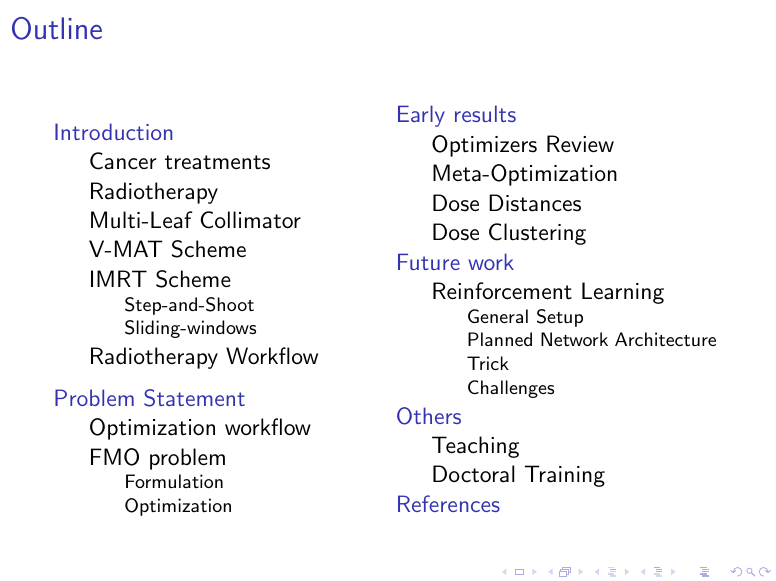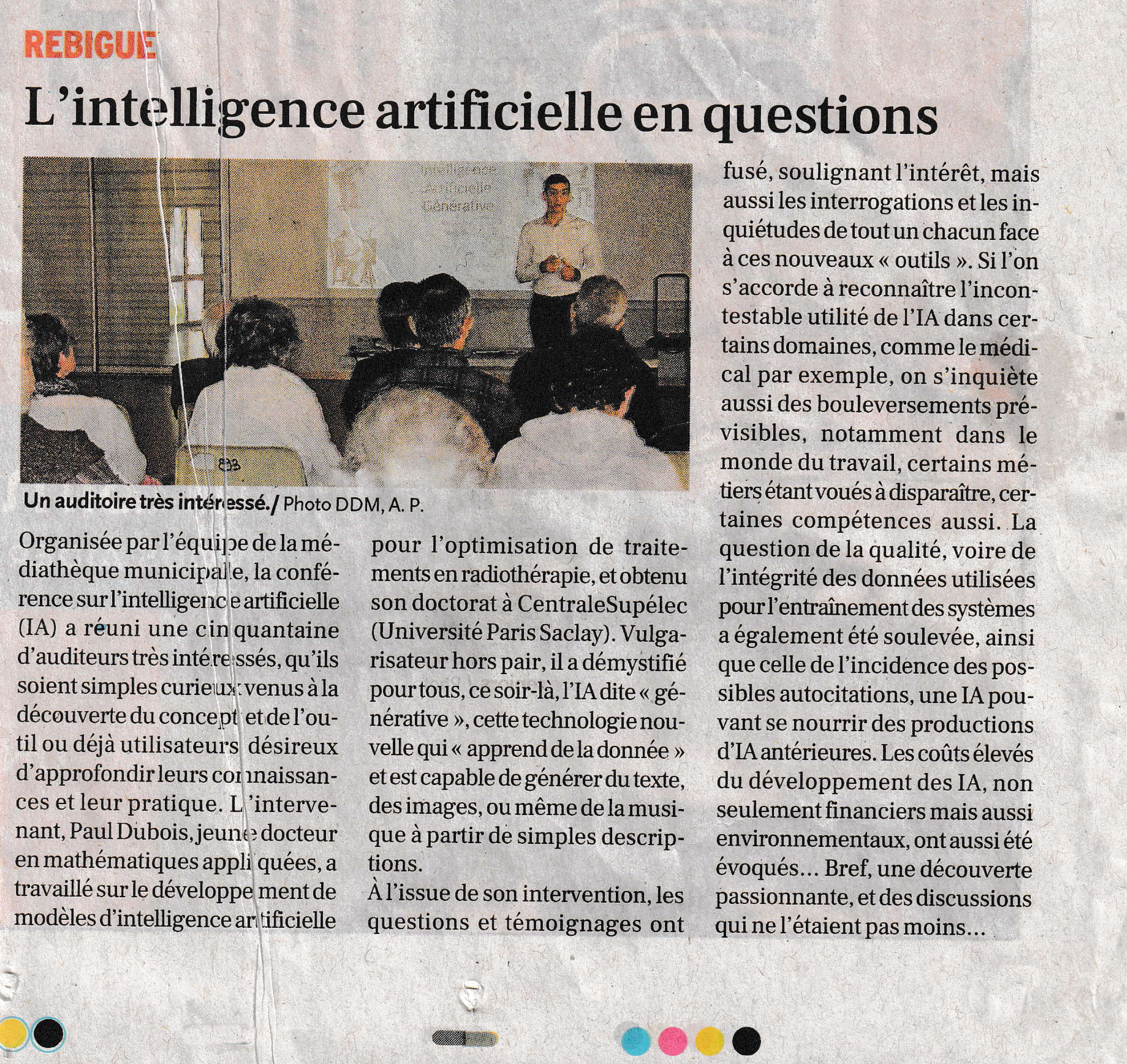
“Organisée par l'équipe de la médiathèque municipale, la conférence sur l'intelligence artificielle (IA) a
réuni une cinquantaine d'auditeurs très intéressés, qu'ils soient simples curieux venus à la découverte du
concept et de l'outil ou déjà utilisateurs désireux d'approfondir leurs connaissances et leur pratique.
L'intervenant, Paul Dubois, jeune docteur en mathématiques appliquées, a travaillé sur le développement de
modèles d'intelligence artificielle pour l'optimisation de traitements en radiothérapie, et obtenu son
doctorat à CentraleSupélec (Université Paris Saclay).
Vulgarisateur hors pair, il a démystifié pour tous, ce soir-là, l'IA dite « générative », cette technologie
nouvelle qui « apprend de la donnée » et est capable de générer du texte, des images, ou même de la musique à
partir de simples descriptions.”
[This talk was in French.]
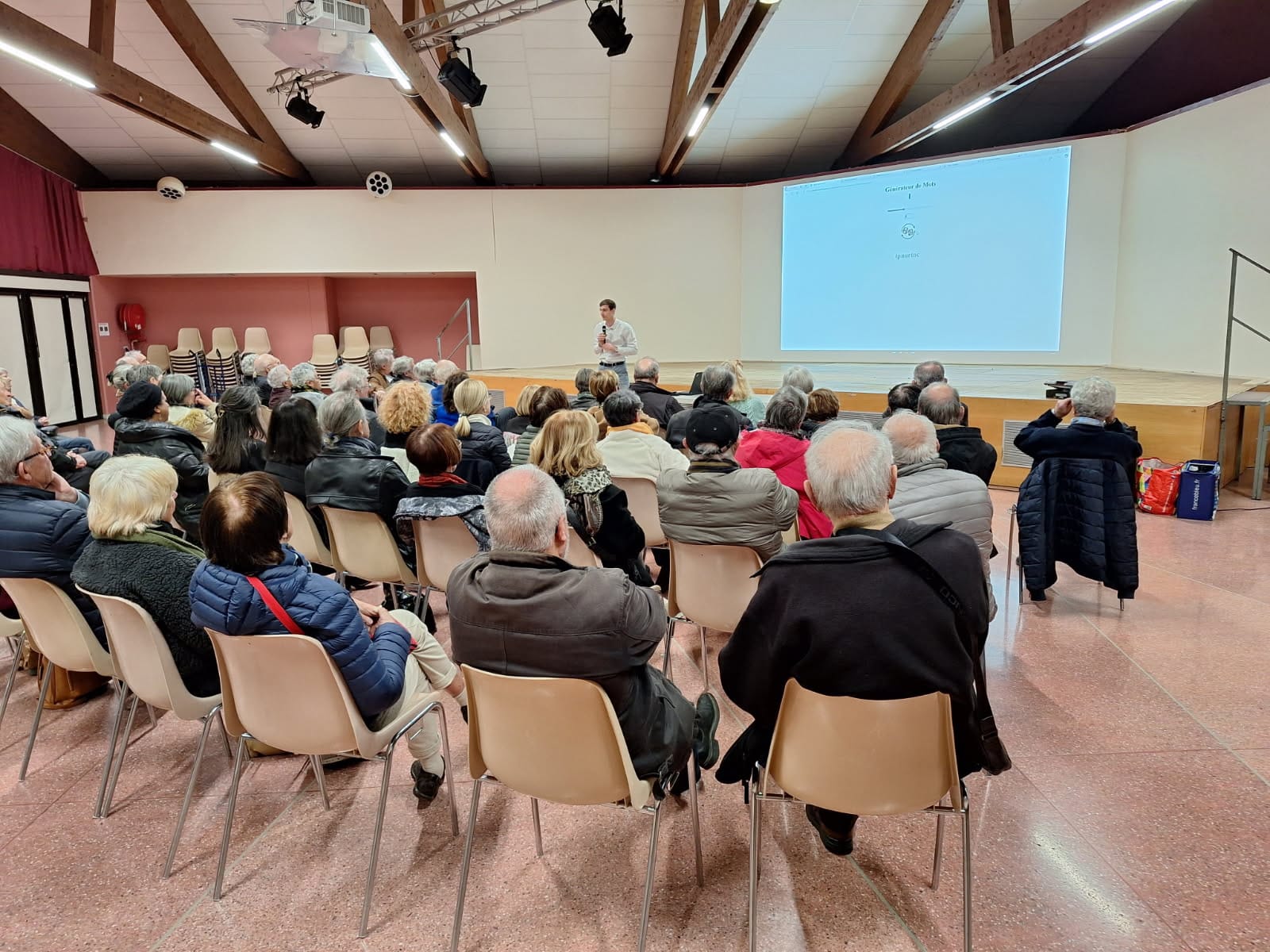
Dive into the world of generative AI! Join your humble scientific servant as he demystifies for you the magic
behind artificial intelligences creating images (Dall-E / Mid-Journey), text (e.g. ChatGPT), or even music
(Music-LM). This presentation is suitable for artists, writers and curious minds, offering an insight into the
possibilities and limits of AI algorithms.
[This talk was in French.]

I was invited on a podcast interview to talk about artificial intelligence on a local radio.
[This podcast was in French.]
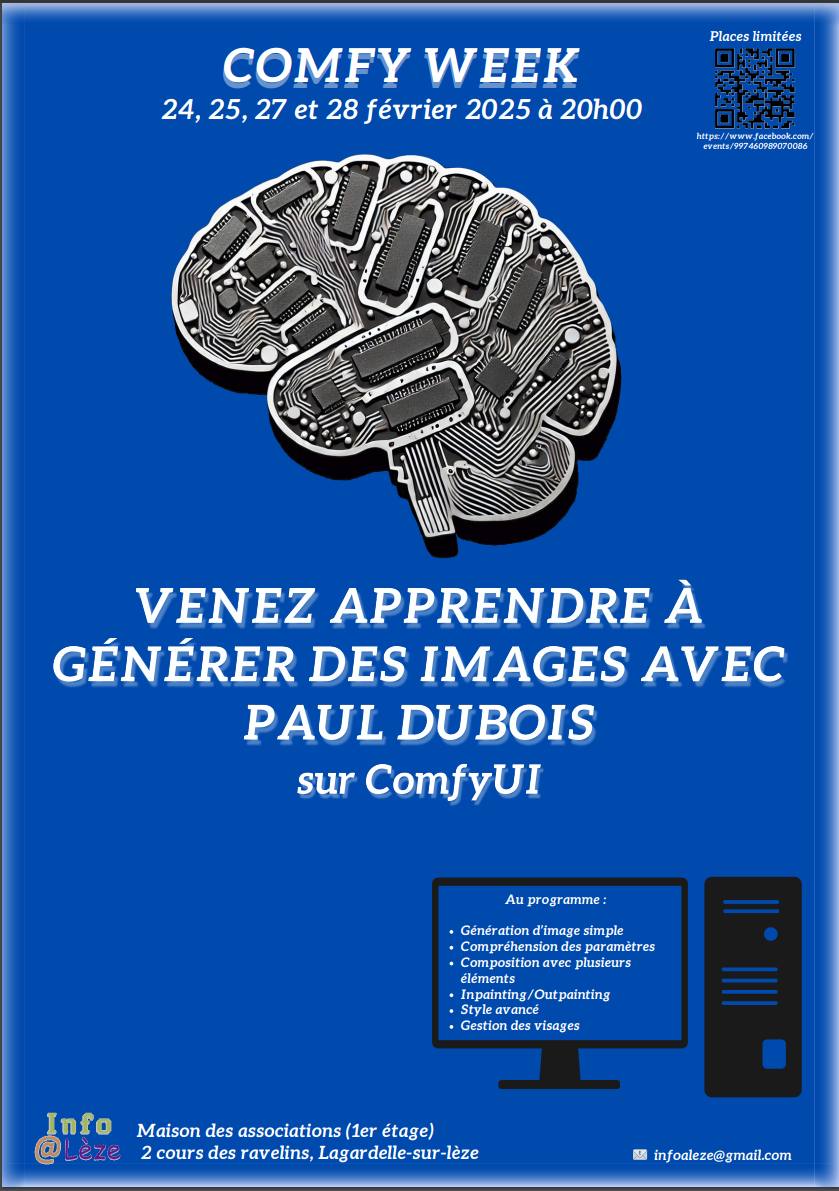
An introduction to the world of guided generative AI with ComfyUI !
• Theory of image generation models
• Basic generation
• Prompt masking
• Control nets (open pose / canny)
• Inpainting
• FaceID
[This talk was in French.]

My PhD defense on "Automatic Dose Optimization for Radiotherapy Treatments".
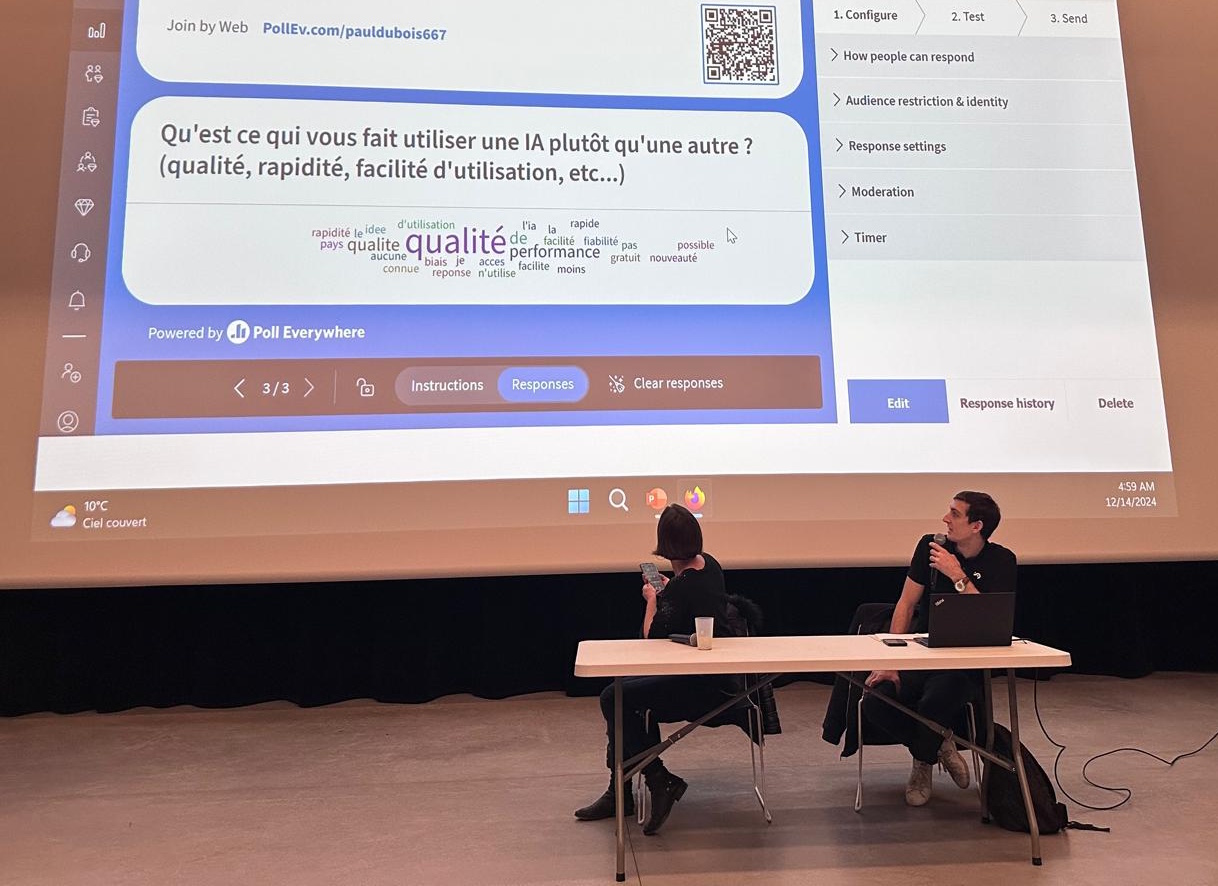
Présentation en tant qu'expert scientifique lors d'un forum sur l'intelligence artificielle organisé par
la
comune de Venerque le 14 décembre 2024.
Presentation as a scientific expert at a forum on artificial intelligence organized by the municipality of
Venerque on December 14, 2024.
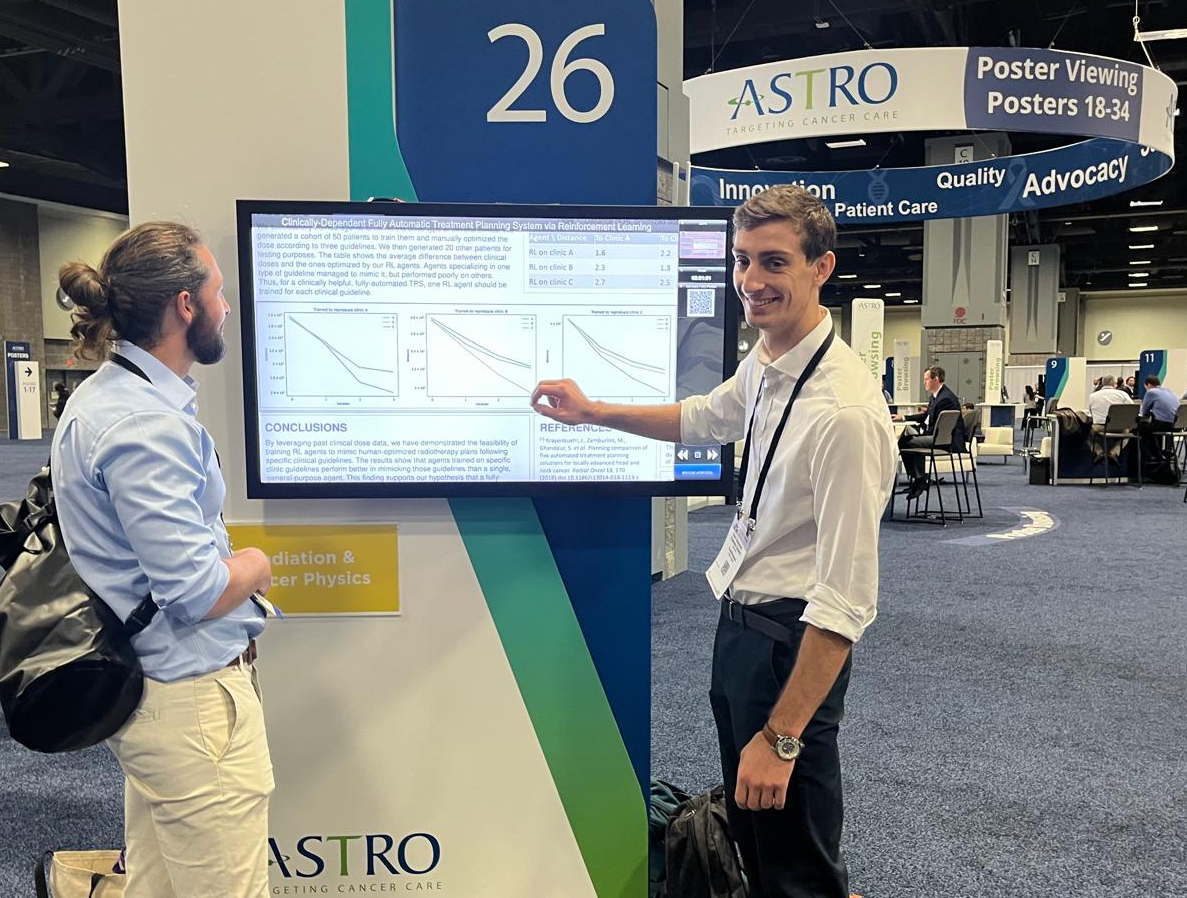
Poster presentation on the use of reinforcement learning agents to automate the radiotherapy dose optimization following specific clinical guidelines.
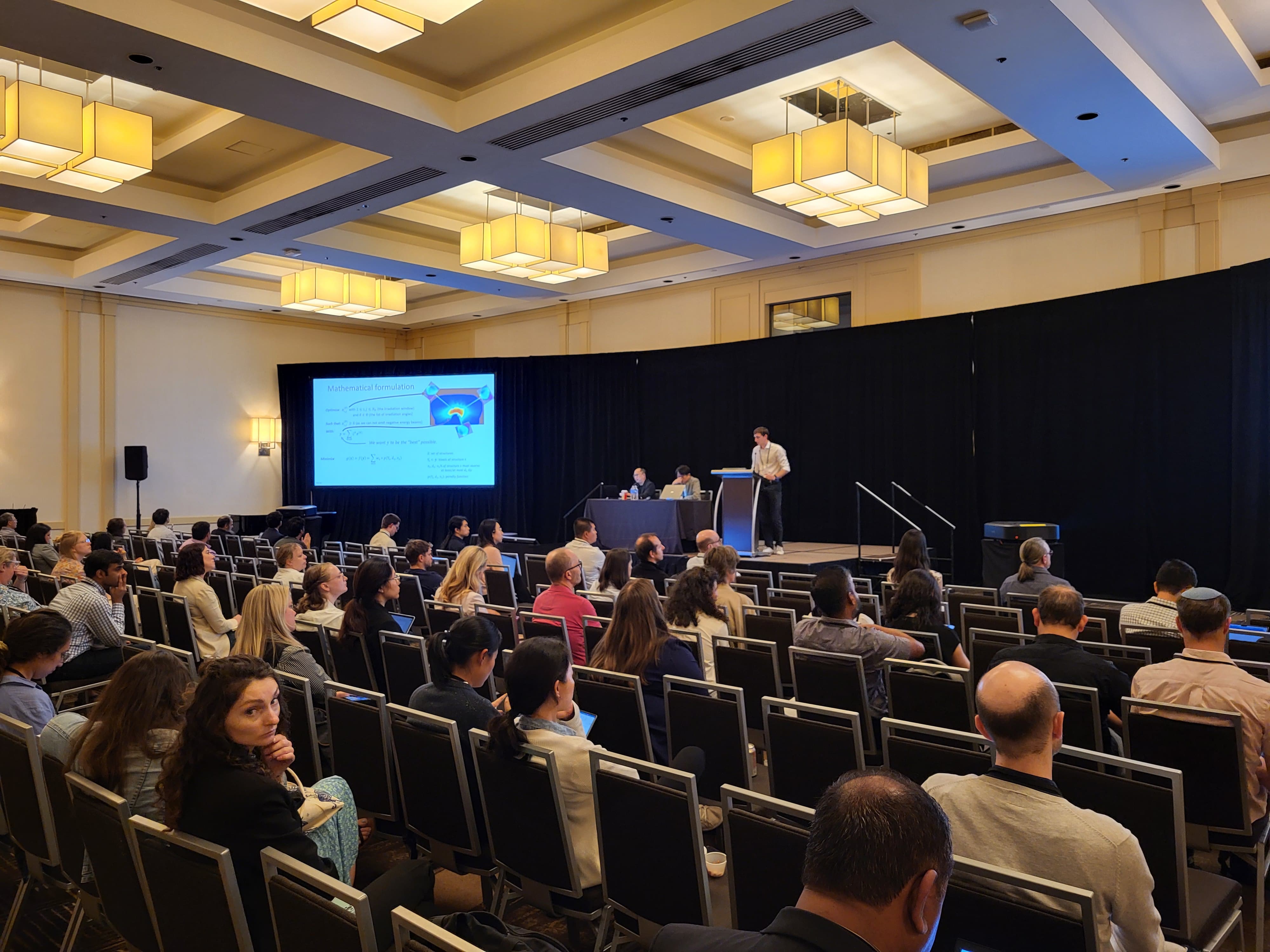
Scientific presentation (20 minutes + questions) on using reinforcement learning agents to automate the radiotherapy dose optimization process.
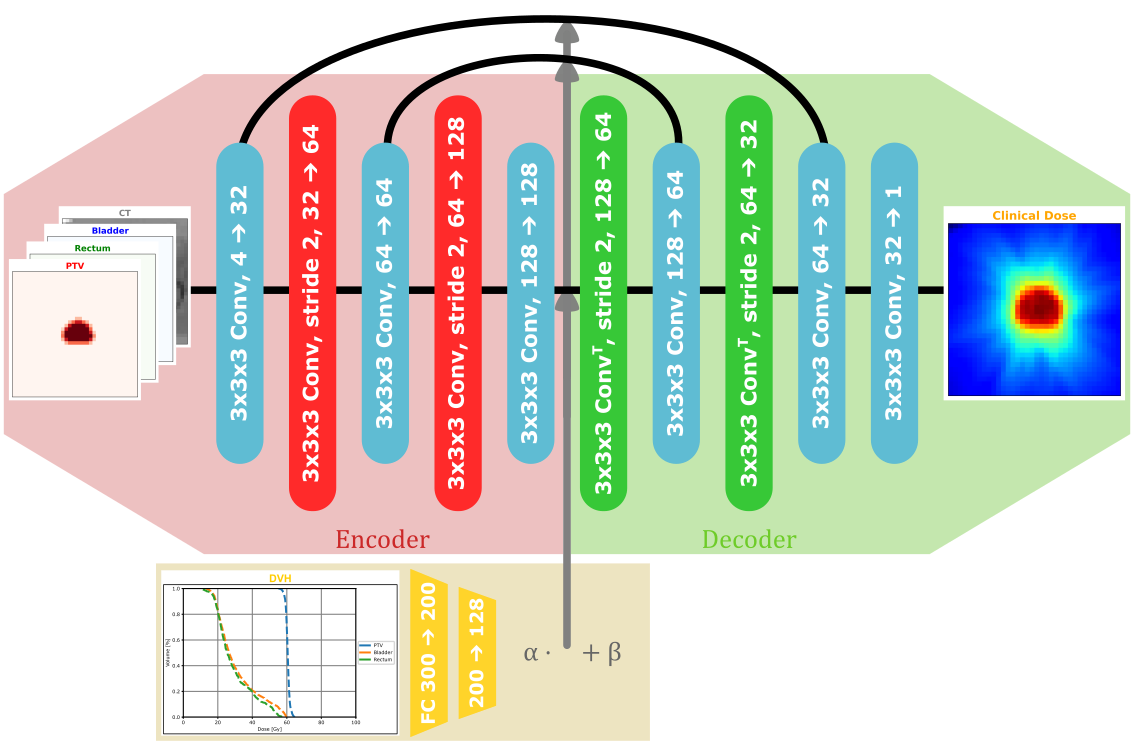
Scientific presentation (10+2 minutes) on deep dose generation guided with DVH target.
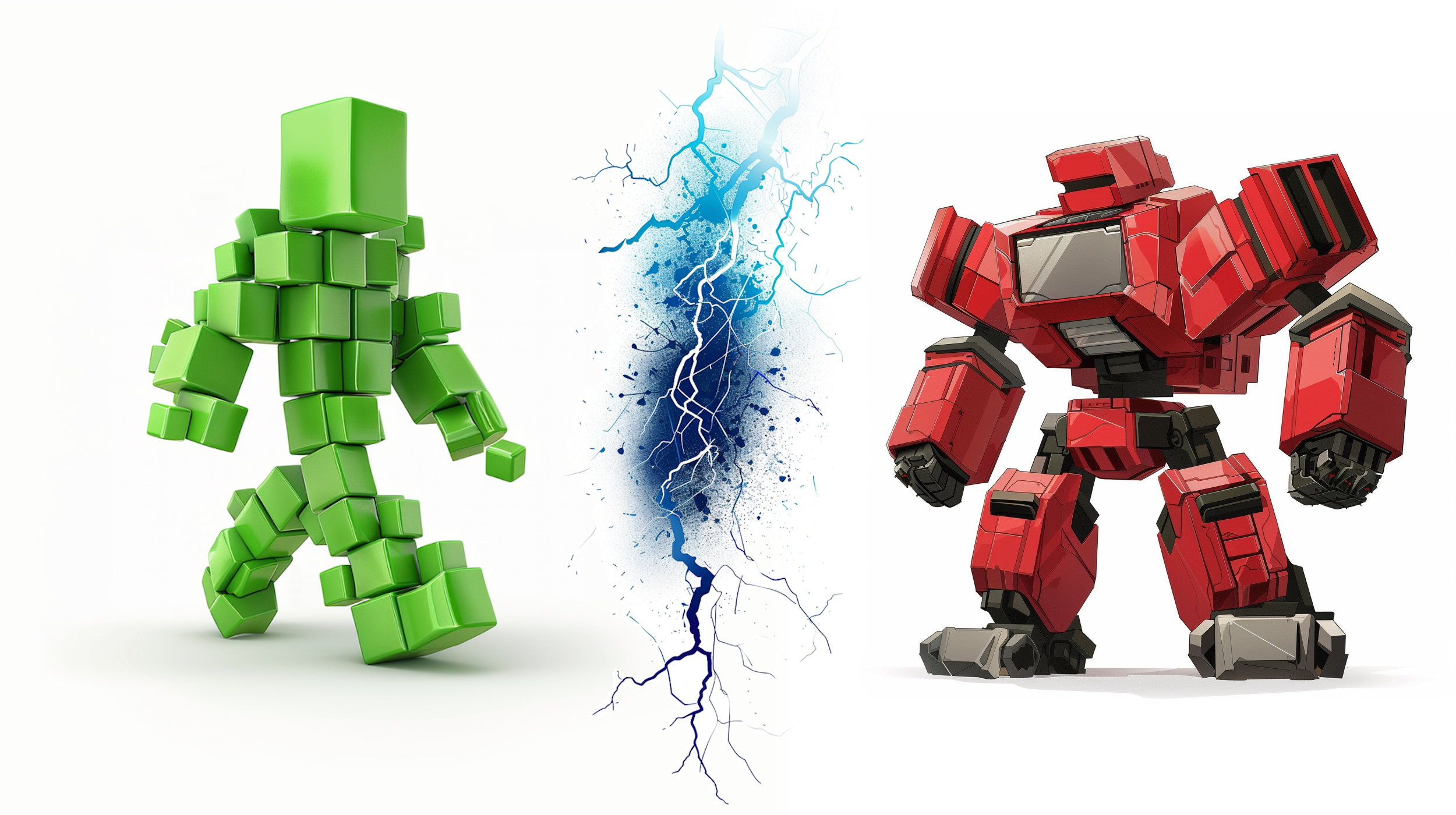
Weekly seminar on my research that will be presented at SFPM-JS 2024.
I compared the performances of pure convolutional networks and networks with attention mechanisms.

Dive into the world of generative AI! Join your humble scientific servant as he demystifies for you the magic
behind artificial intelligences creating images (Dall-E / Mid-Journey), text (e.g. ChatGPT), or even music
(Music-LM). This presentation is suitable for artists, writers and curious minds, offering an insight into the
possibilities and limits of AI algorithms.
[This talk was in French.]

A (chill) presentation on wierd things happening in high dimension, and their consequences on our models.
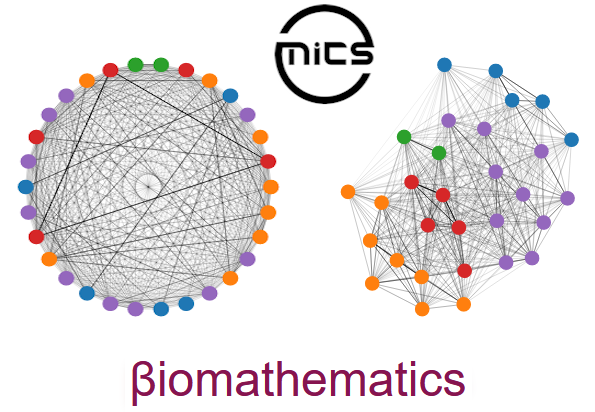
Weekly seminar on my research presented as an abstract to ESTRO 2024.

ChatGPT, AlphaGo, MidJourney/DALL-E, or the recommendation algorithms of Netflix / YouTube / Amazon... AI
seems to have infiltrated our society's daily life.
However, AI remains a poorly understood field, reserved for a few experts.
The goal of this scientific evening, open to all, is to demystify what we broadly refer to as "Artificial
Intelligence".
We will discuss image processing, text analysis, and the inner workings of machine learning and deep learning;
in a setting relaxed, accessible to all, and guaranteed without jargon!
These are the techniques behind the rapid advancements in AI in recent years, and it's only the beginning.
[This talk was in French.]
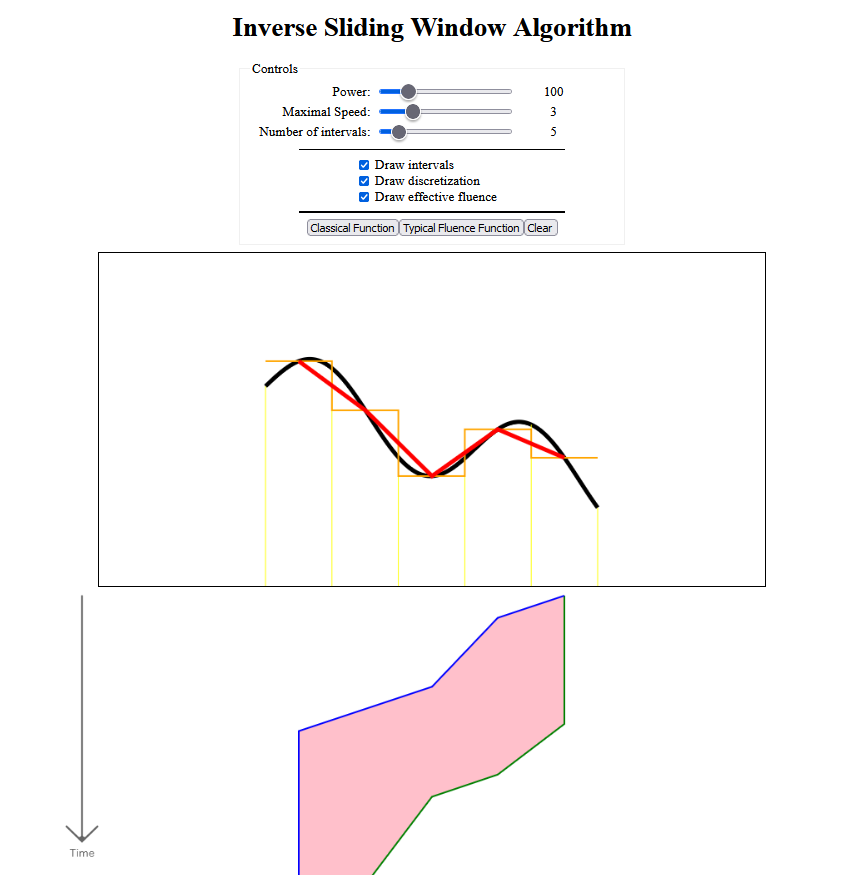
A small presentation of my PhD project to the MICS lab. The slides will be used both for the MICS lunch seminar series (for which I present on the 13th of June 2023), and for the MICS lab summer party presentation (22nd of June 2023).

Presentation of my PhD project: How to optimize the dose for radiotherapy treatments automatically.
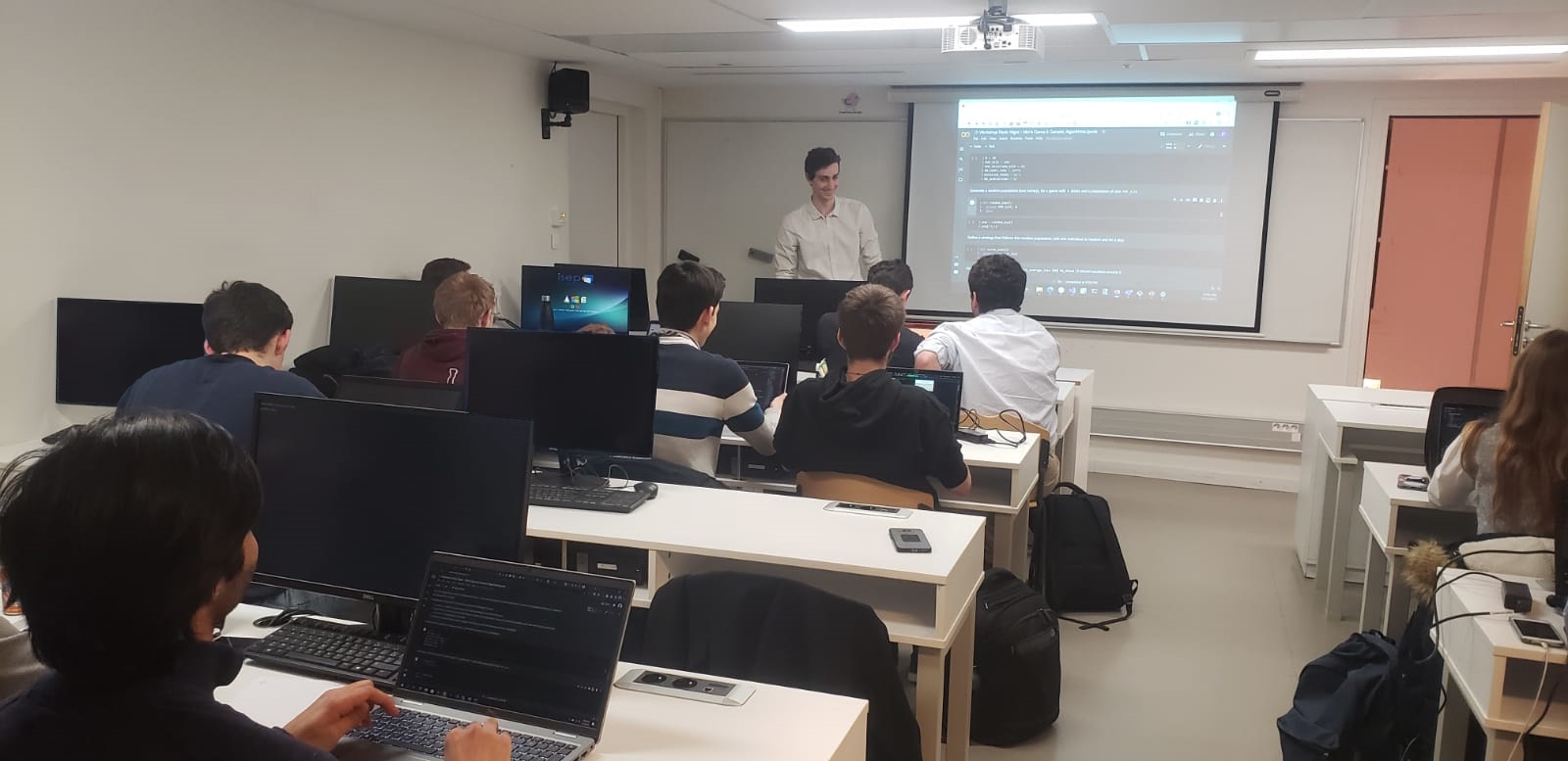
First, we introduce the basics of genetics: cells, chromosomes, DNA, and ways that cells have to reproduce
them-self.
We give a particular attention to the sexual reproduction, since we will mimic this behavior in our genetic
algorithm.
The second (and main) part of the workshop is happening on a Jupyter notebook.
The students are first asked to implement Nim's game as well as a couple of naive strategies.
Then, we implement together the simulation of a population playing this game.
We select the individuals and make them evolve towards a better strategy.
Finally, we compare the solution found with natural evolution with the mathematically optimal strategy, and
conclude.
[This talk was in French.]

A talk for non-mathematicians.
We answer the question of how to send a message securely without a secured connexion.
The talk is organised into 5 parts:
Lock analogie, Alhabet encryption, RSA encryption, ElGamal system, Elliptic Curves Cryptographie.
[This talk was in French.]
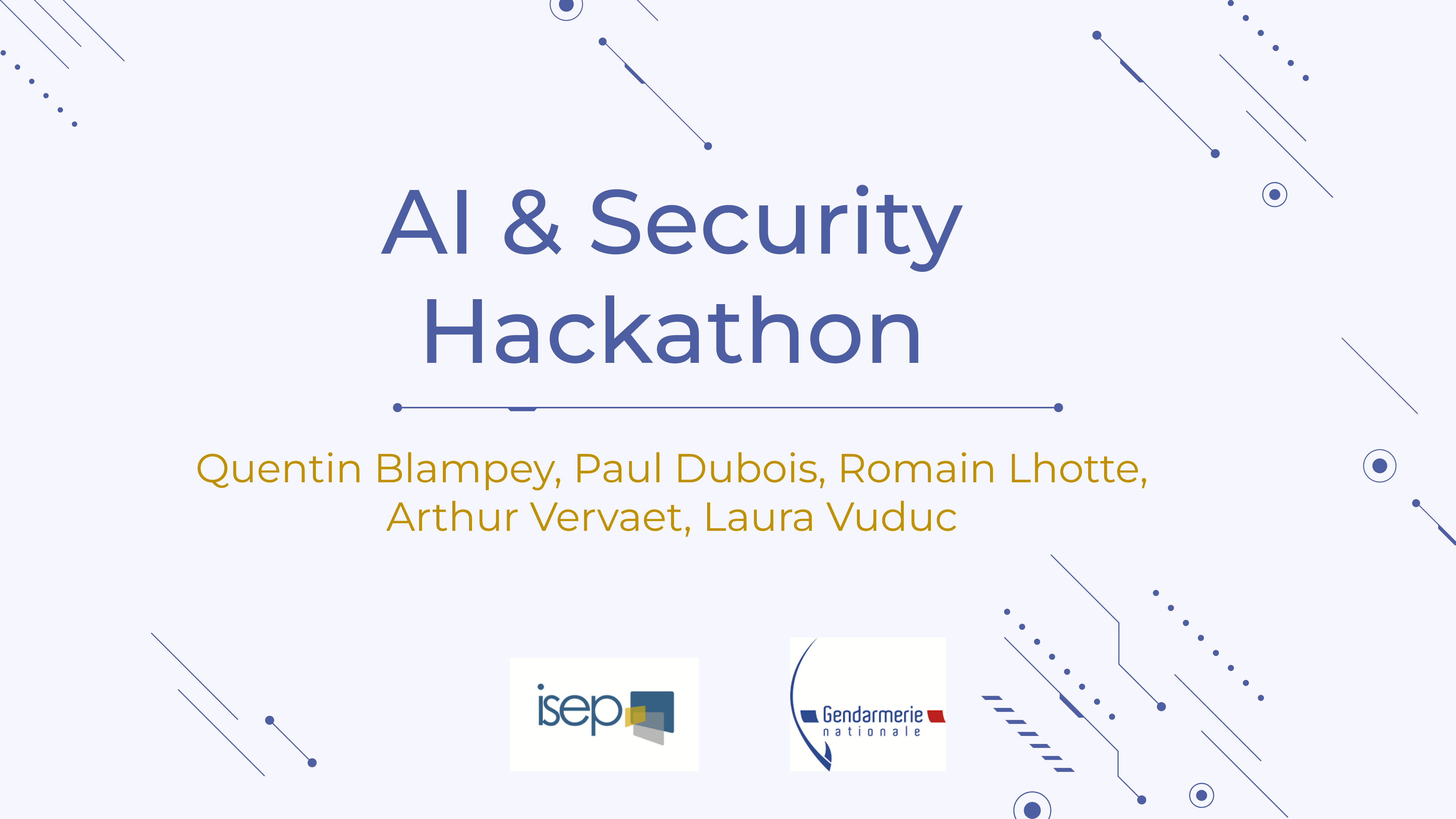
A presentation at the "gendarmerie nationale", that followed a hackathon at ISEP.
We presented the techniques involed in the speech recognition program.
It was first developped during the ISEP hackathon a few weeks before.
[This talk was in French.]

A workshop session for high-school teenagers.
We study the game of Nim:
After a few games, by hand, we implement several naive strategies in a python notbook.
We generate tournament with thousands of games to evaluate which strategy is the best.
Then, we try to find THE optimal strategy. We do that using a genetic algorithm.
Finally, we implement the mathemlatically optimal strategy.
[This workshop was in French, for teenagers audience.]
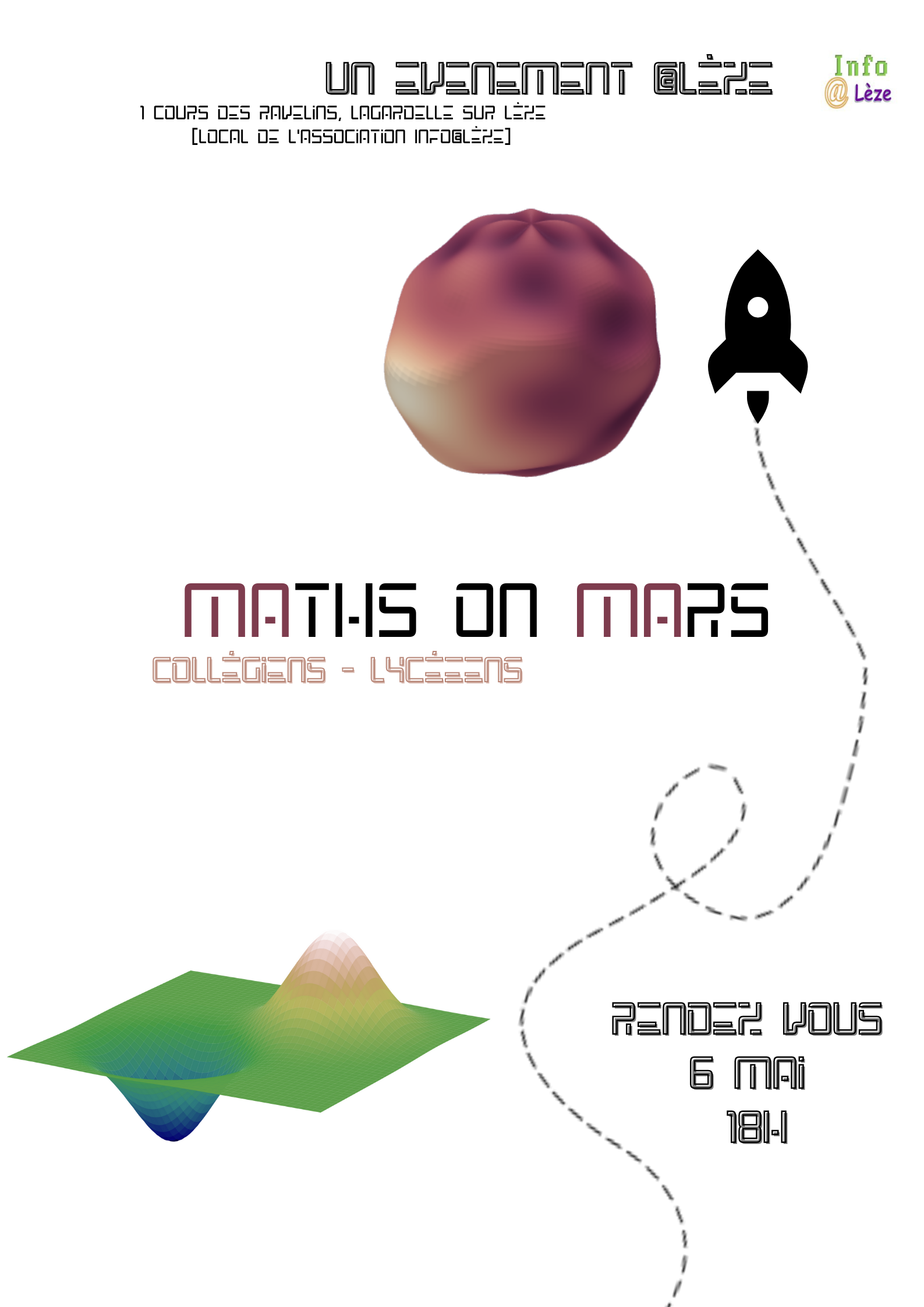
A workshop session for high-school teenagers.
This is a follow-up on the Math with Jupyter workshop.
We go further in the use of Python for plotting functions:
Using numpy, matplotlib and plotly, we plot functions in 3D!
By carefully choosing the colormap & the functions, we generate fake maps of montain and mars.
[This workshop was in French, for teenagers audience.]

Deux intelligences artificielles sont placées en compétition.
Le Generator génère des images, et le Discriminator doit les détecter.
Un duel au sommet !
[This talk was in French, in collaboration with Romain Lhotte.]
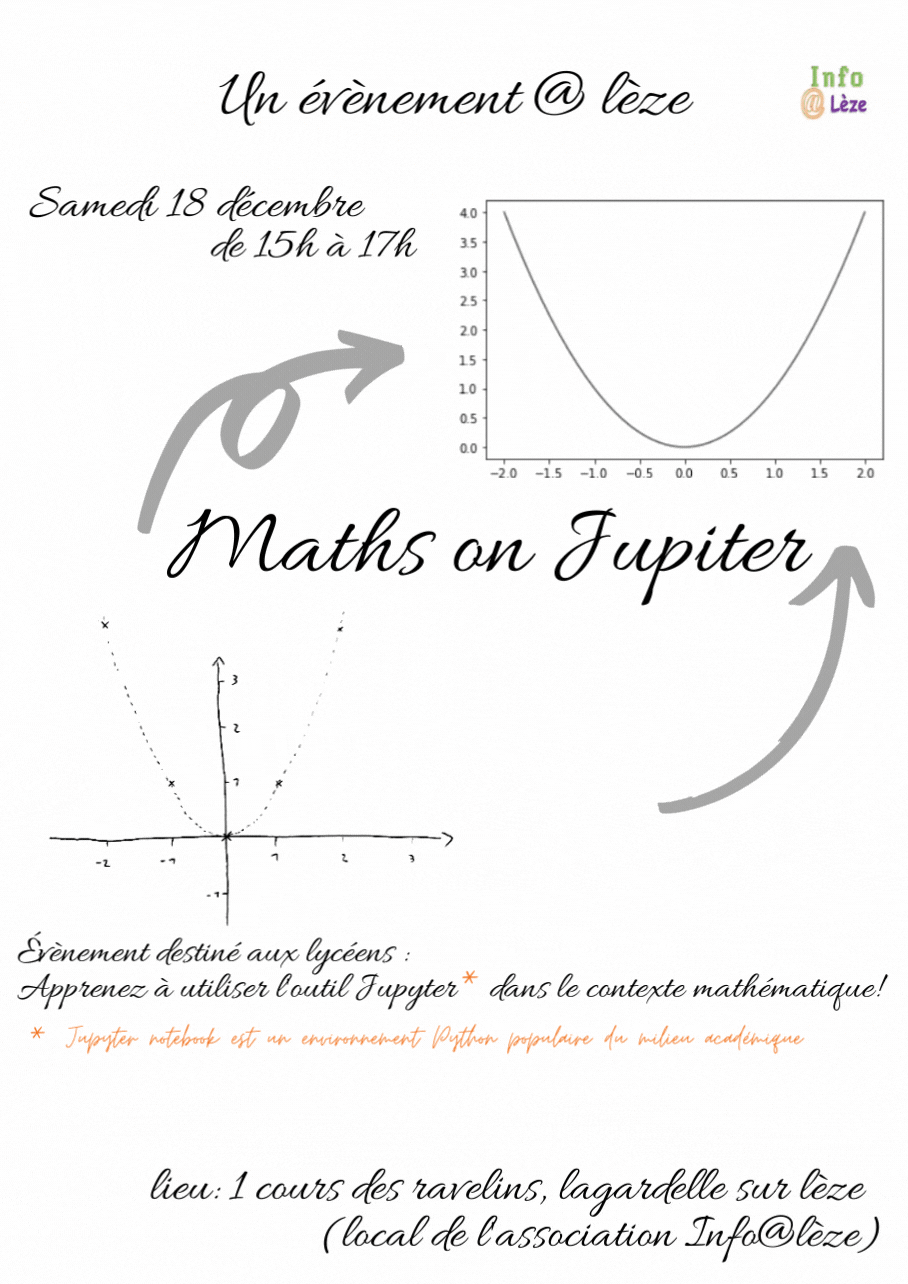
A workshop session for high-school teenagers.
The goal is for them to learn to use Python notebooks in order to facilitate typical mathematics task.
In particular, we focused on plotting functions:
we started with an example by hand, and then moved to Python (using numpy and matplotlib).
Finally, we investigated how modification on functions modify their plots.
[This workshop was in French, for teenagers audience.]

Presentation associated to my mathematical dissertation on Random Fractals,
in the context of my master in mathematical sciences at Oxford.
The object of interest is a certain type of random fractals called percolations.
We study the probability that a crossing of the percolation exists.
[All numerical results presented agree with the mathematical theory, hence the title.]

A talk for university students from non-scientific fields, about the concept of infinites sets in mathematics. The final proved statement of this talk is |ℕ| = |ℤ| = |ℚ| < |ℝ|.

A workshop for teenagers (11-16 year old), about the concept of "Tensegrity".
This included a theoretical part, and the conception/built of a small model
for each participant.
[This workshop was in French, for teenagers audience.]
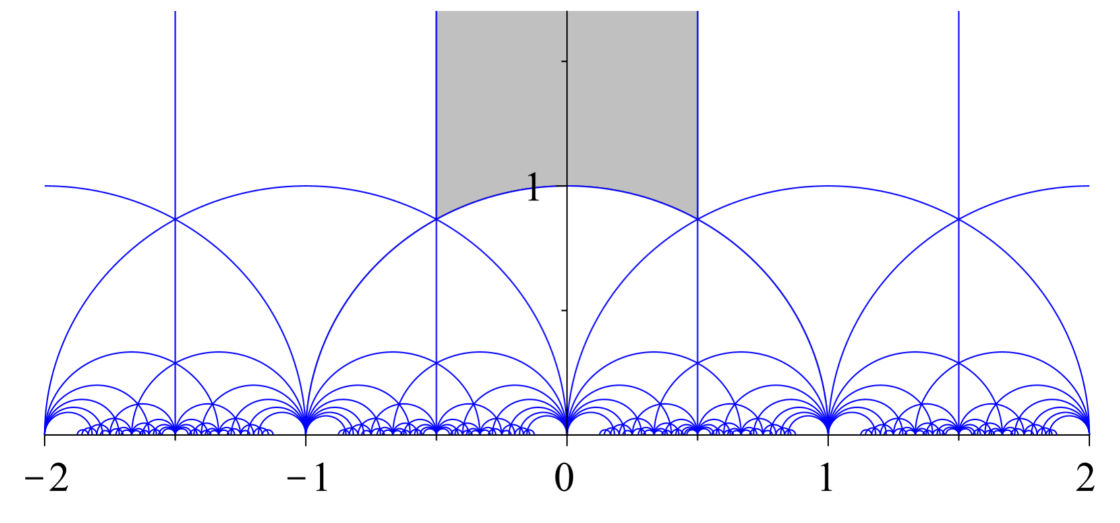
Presentation associated to my mathematical project on Modular Forms,
in the context of my integrated master in mathematics at UCL.
This projects is about modular forms when looked modulo 2.
In particular, we study the (nilpotent) Hecke operators.
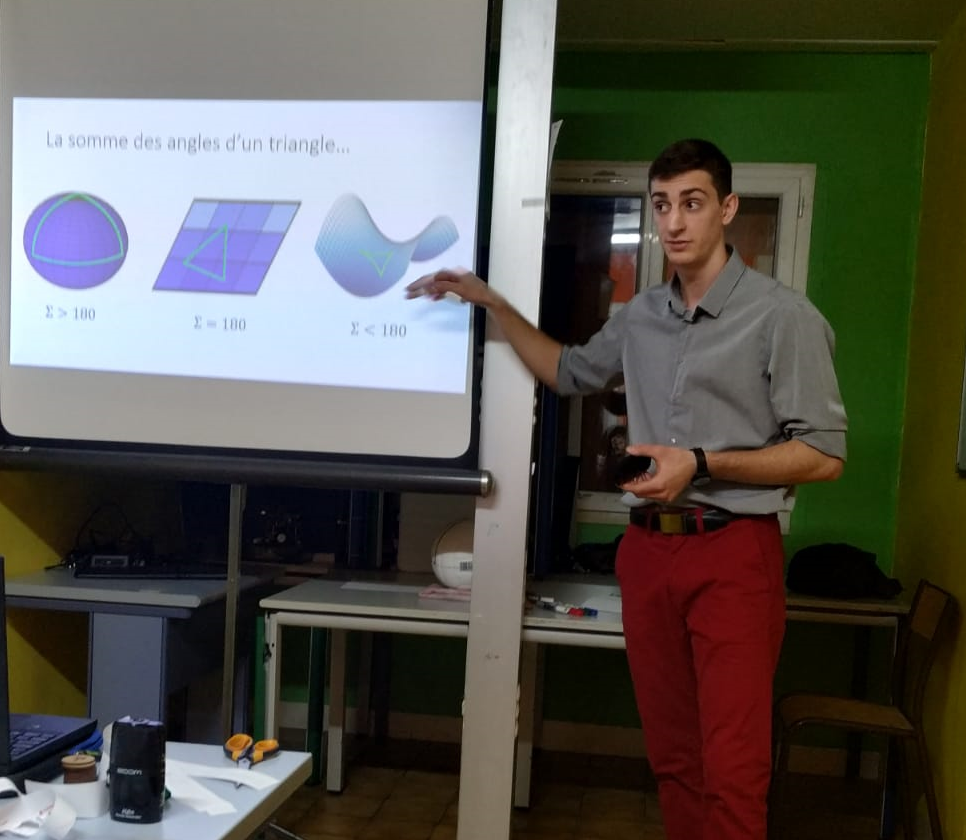
A talk for non-mathematicians, about probabilities, random walks and concept of minimal surfaces,
with nice images.
[This talk was in French, for adult audience.]

A talk for teenagers (11-16 year old), about random walks and the concept probabilities with experiments for
participants.
[This talk was in French, for teenagers audience.]

A talk for mathematics undergraduate students, random walks and introduction of minimal surfaces, together with nice plottings.
